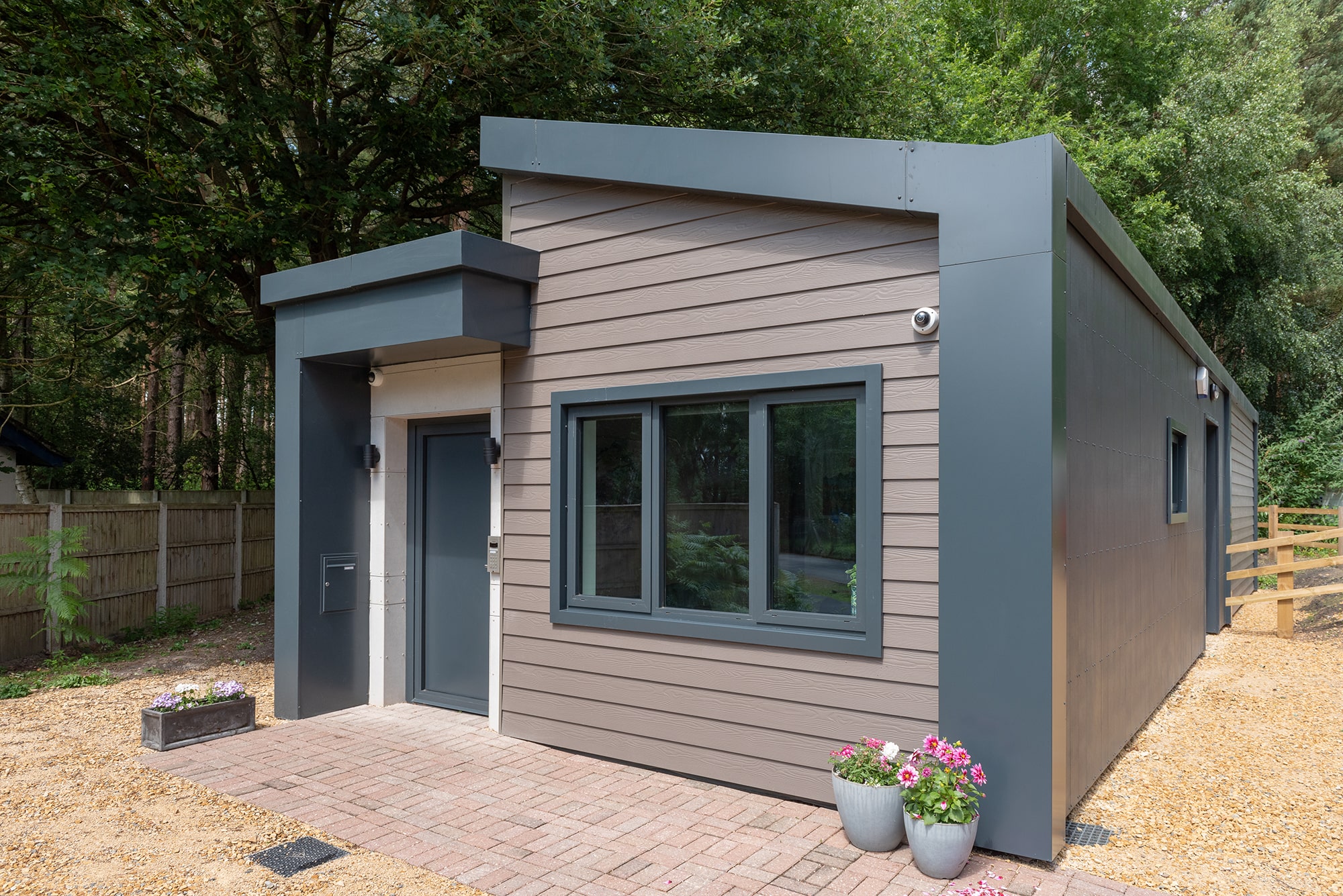How Are Zero Carbon Heating Systems Helping Scotland Becoming Sustainable?

New funding has been announced by the Scottish Government to cut carbon emissions in homes and commercial properties. Housing Industry Leaders explores how this funding will help Scotland’s houses become more sustainable.
A £16.2 million funding from the Scottish Government has been announced for five zero emission heating networks.
The announcement coincides with the first anniversary of the Scottish Government and the Scottish Green Party Parliamentary Group signing the Bute House Agreement; a plan to work together to build a green economic recovery from the pandemic, response to the climate emergency and to create a fairer country.
Energy Efficiency Of Buildings Will Be Improved Through The Fund
Setting out a strategy for over a million homes to be using zero carbon heating systems by the end of the decade, funds have been allocated from a total planned investment of £1.8 billion to cut energy bills, improve building energy efficiency and reduce climate emissions.
Scotland’s Heat Network Fund is said to offer long-term funding support to deliver more climate-friendly ways of heating Scotland’s homes and buildings.
It has enabled the rollout of new zero emission heat networks and communal heating systems, as well as the expansion and decarbonisation of existing heat networks across the country.
Looking toward the future, the Scottish Government is primarily focusing on four key tasks. These are the following: Reducing child poverty, addressing the climate crisis, the recovery from the pandemic of Scotland’s public services including the delivery of the National Strategy for Economic Transformation, and the developing of the prospectus for an independent Scotland and an independence referendum in October 2023
Action Is Needed To Support Scotland’s Local Communities
First Minister Nicola Sturgeon, said: “The world has changed substantially since the Agreement was reached 12 months ago. The conflict in Ukraine and the rising cost of living crisis have profoundly impacted everyone’s lives.
“However, the stable and collaborative government provided by the Agreement has helped to deliver immediate action in the face of these challenges, including supporting those displaced from Ukraine and using the powers that Ministers have to address the cost of living crisis.
“Action is needed now to support communities to respond to the cost of living and climate crises, and Scotland’s Heat Network Fund is just one of the many initiatives that the Scottish Government has already undertaken.
“The projects that receive support from the Fund will fully align with the Scottish Government’s aim to eradicate fuel poverty by supplying heat at affordable prices to consumers, which is especially important now when we are seeing record rises in the cost of heating.
“The Bute House Agreement was reached to equip us best to deal with the challenges we face because we believe that new ideas and ways of working are required to deal with new problems.
An unstable world needs more co-operation and more constructive working towards building a consensus, if governments are to be equal to what the people need of them.
Scotland’s Heat Network Fund Is Open To All Sector Applicants
Open to all public and private sector applicants, Scotland’s Heat Network Fund sees proposals able to be submitted to the fund at any time. This fund will remain open to proposals with quarterly reports to be provided with committed spend against the allocated budget.
Projects that are seeking support through the Heat Network Fund should complete the expression of interest form and must be provided to HeatNetworkFund@gov.scot. It is said by the Scottish Government that the project lead will then be contacted within 10 working days by a member of the Heat Investment team to have a preliminary discussion.

